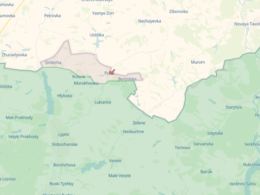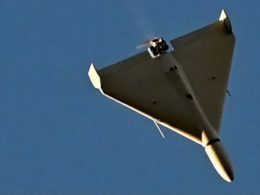"Effective Ukrainian partisan attacks are forcing the Kremlin to divert resources away from frontline operations to help secure rear areas, degrading Russia’s ability to defend against ongoing Ukrainian counteroffensives, let alone conduct their own offensive operations. Poor Russian operational security has enabled Ukrainian partisan attacks. Russia’s increasing manpower shortages are likely degrading Russian forces’ ability to effectively secure Russian rear areas against partisan attacks and simultaneously defend against Ukrainian counteroffensives. The Kremlin still has not effectively countered Ukraine’s organized partisan movement and is unlikely to have the capabilities to do so," the report reads.Key takeaways:
- Russian occupation forces have so far failed to neutralize Ukraine’s organized partisan movement as of November 2022 and are unlikely to possess the capability to do so.
- Poor Russian operational security has enabled Ukrainian partisan attacks.
- Russian sources have openly criticized the Kremlin’s failure to provide additional security against Ukrainian partisan attacks in occupied Ukraine.
- Russia’s increasing manpower shortages are degrading Russian forces’ ability to effectively secure their rear areas against partisan attacks.
- Ukrainian partisan attacks have diverted Russian resources away from the front line to help secure rear areas, degrading Russian capabilities to defend against Ukrainian counteroffensives, let alone conduct their own offensive operations.




